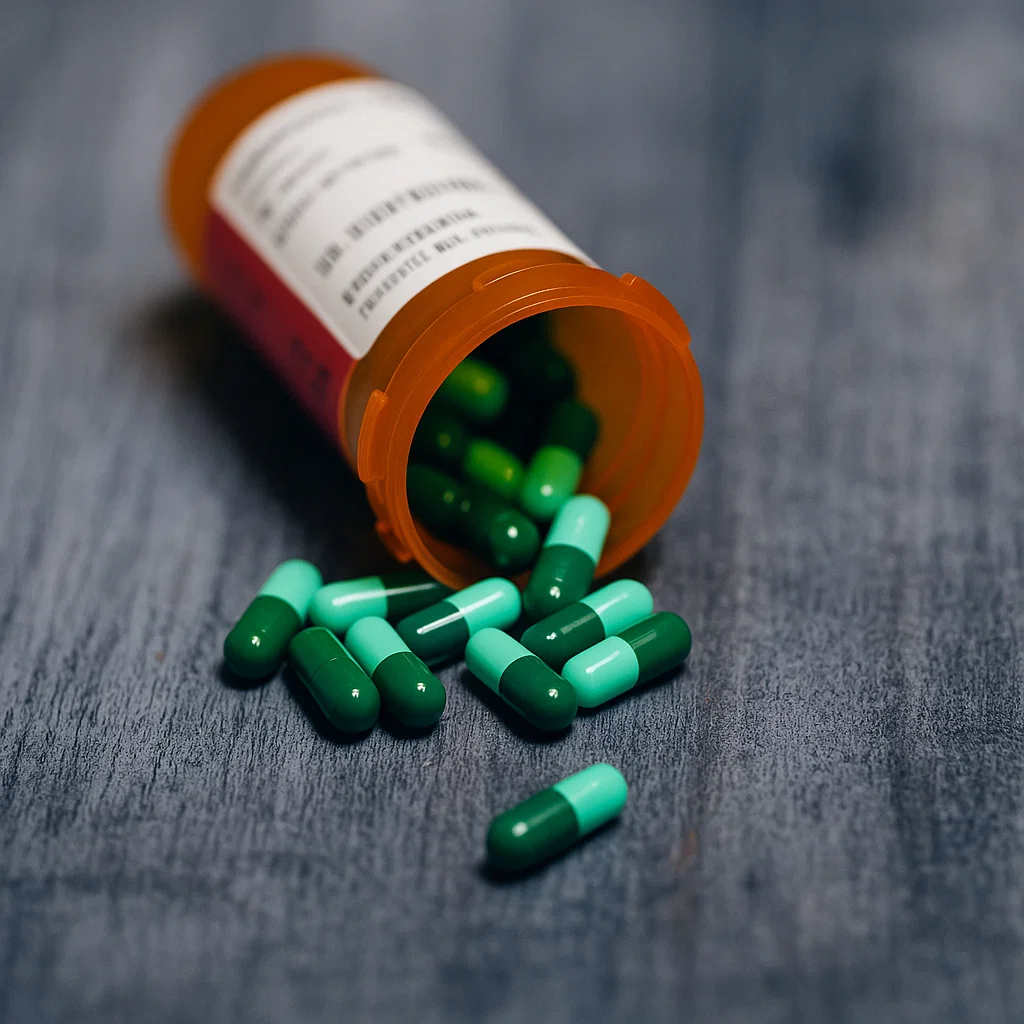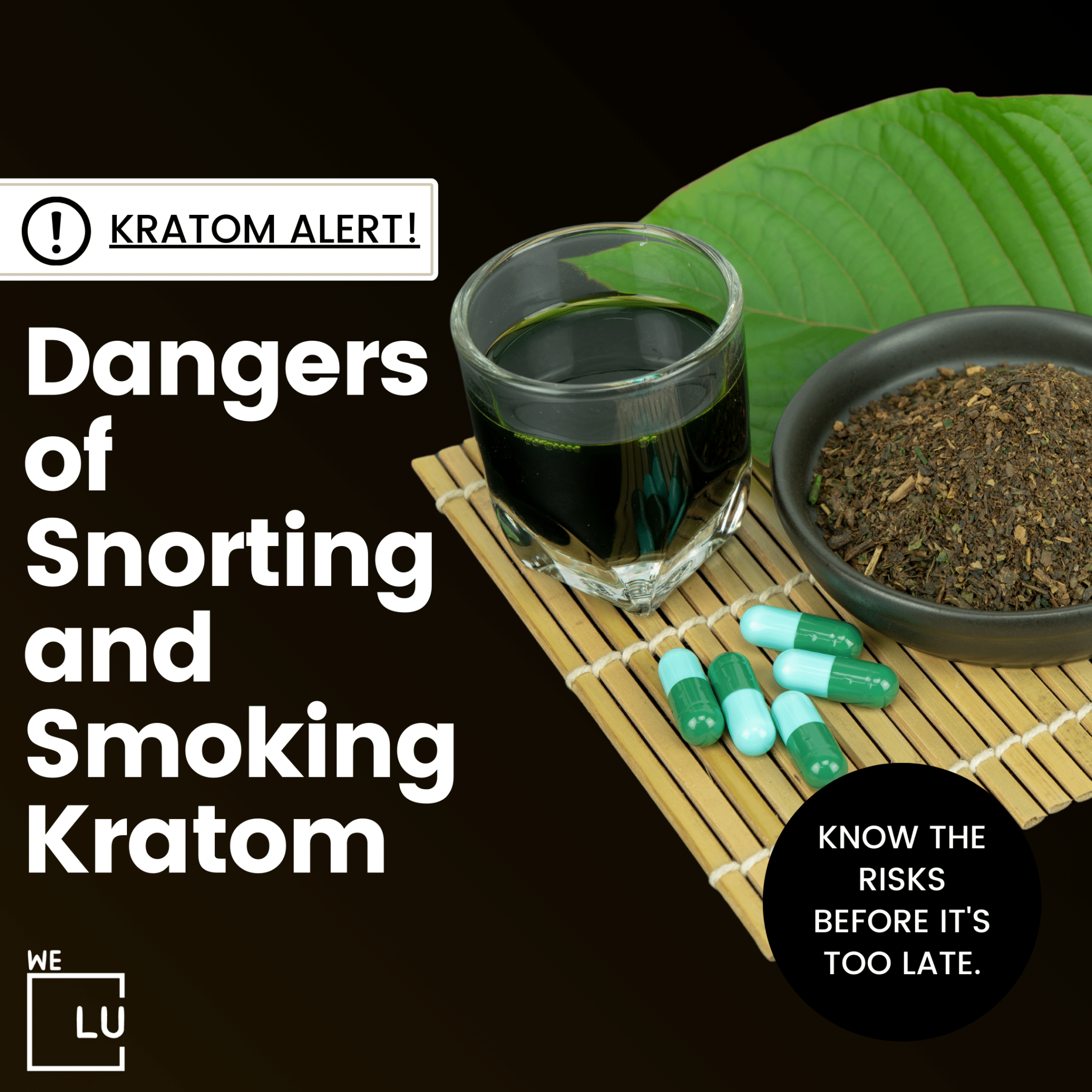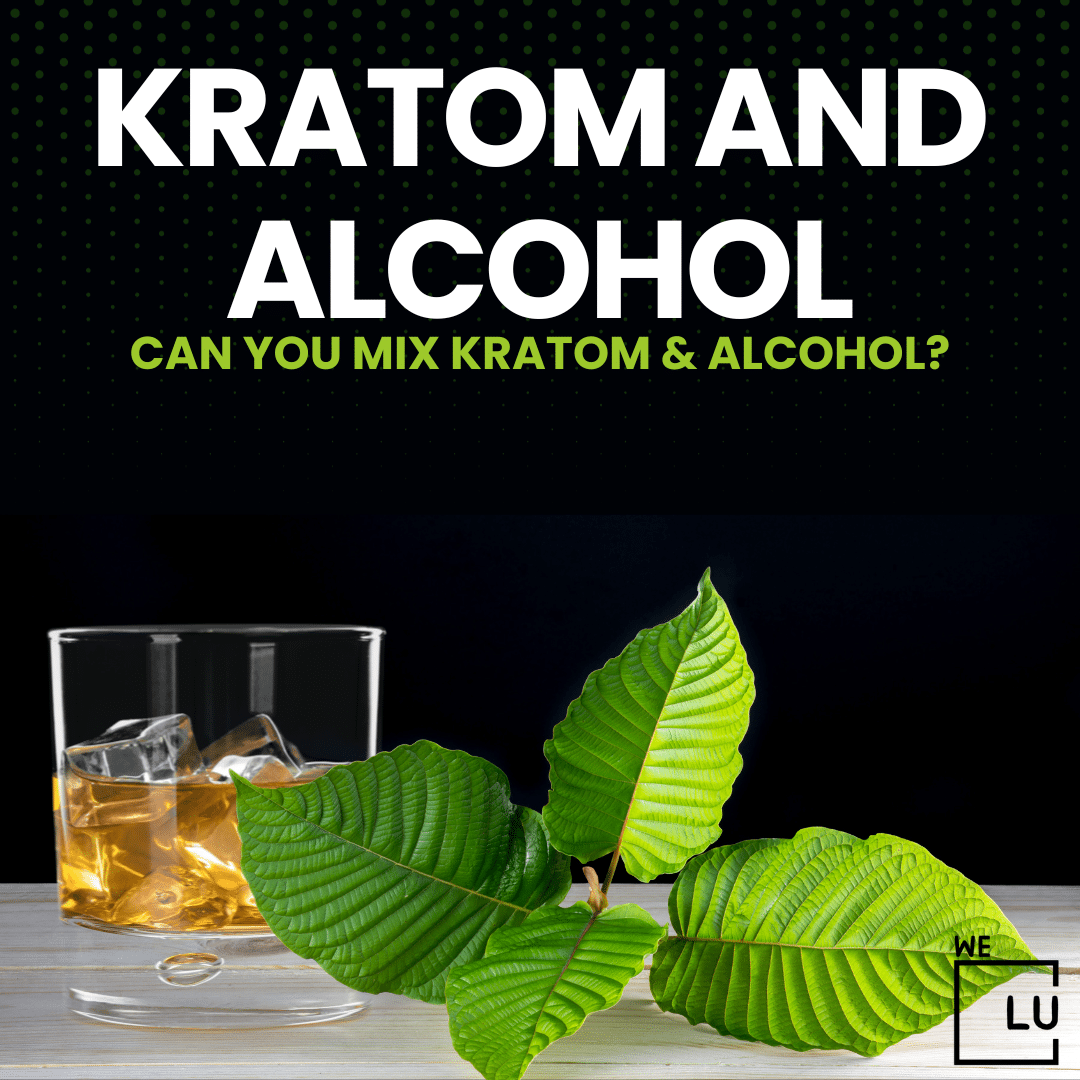How Long Do Shrooms Stay in Your System?
Magic mushrooms, also known as shrooms, contain the psychoactive compound psilocybin. If you’re wondering how long shrooms stay in your system, it’s essential to understand the factors that influence detection periods.
How Long Do Shrooms Stay in Your Urine?
How long does shroom stay in your urine?
How Long Do Shrooms Stay in System?
If you’re wondering about the presence of psilocybin, the active compound in magic mushrooms, in your urine, it’s essential to know the typical detection window. Psilocybin and its metabolite psilocin can be detectable in urine for 1-3 days after use. However, this duration may vary based on factors like dosage, individual metabolism, and frequency of use.
Remember that while shrooms may be detectable in urine for a certain period, the psychoactive effects are relatively short-lived, lasting around 4-6 hours. Understanding the detection window is valuable for various reasons, including drug testing and personal awareness.
How long Do Shroom Stay in Your Urine Table
| Type of Test | Detection Window for Shrooms in Urine | Factors Affecting Detection |
|---|---|---|
| Urine Test | 1-3 days | Dosage, individual metabolism, frequency of use |
How Long Do Shrooms Stay in Your System? Saliva
How Long Shrooms Stay in Your System? Saliva
Psilocybin is typically detectable in saliva for 1-5 days following consumption. However, this detection period can vary based on factors such as the dosage and individual metabolism.
How long do shrooms stay in your body? Table
| Type of Test | Detection Window for Shrooms in Saliva |
|---|---|
| Saliva Test | 1-5 days |
How Long Does Shrooms Stay in Your Blood?
How long do shrooms stay in system? Blood
Psilocybin is generally detectable in blood within 24 hours after consumption. However, it’s crucial to note that blood tests specifically designed to detect psilocybin are less standard than urine tests for substances like THC or opioids.
How Long Does Shroom Stay in Your System? Table
| Type of Test | Detection Window for Shrooms in Blood |
|---|---|
| Blood Test | Within 24 hours |
How Long Does Shrooms Stay in Your System Breastfeeding?
Suppose you’re a breastfeeding mother and have recently used shrooms or are concerned about their presence in your system. In that case, it’s crucial to understand how psilocybin, the active compound in magic mushrooms, may affect breastfeeding and its potential impact on your child.
While research on the presence of psilocybin in breast milk is limited, some key points to consider:
1. Detectable Duration: Psilocybin’s detection in breast milk can vary based on factors like dosage and individual metabolism. The duration it remains detectable is not well-established due to limited research.
2. Potential Risks: The safety of breastfeeding while psilocybin is in your system is uncertain. Given the lack of comprehensive research, it’s challenging to determine potential risks or effects on your child.
3. Abstaining Recommended: To ensure your child’s safety and well-being, it’s generally advisable to abstain from breastfeeding if you’ve recently used shrooms or any other substances with unknown effects on breast milk. Consult with a healthcare provider for personalized guidance.
4. Lactation Consultation: If you’ve used shrooms and are concerned about breastfeeding, consider consulting a lactation specialist or healthcare provider. They can provide guidance
How Long Do Shrooms Stay in Your System?
The duration that shrooms (psilocybin) stay in your system can vary depending on the type of drug test used and individual factors. Here’s a brief overview:
- Urine: Shrooms can be detected in urine for up to 24 hours after use, but this window is relatively short compared to other substances.
- Blood: Psilocybin is usually detectable in blood for a shorter period, typically up to 2 days after ingestion.
- Saliva: In saliva, shrooms are detectable for about 1 to 2 days after use.
- Hair: Psilocybin is less likely to appear in hair tests, making it a less common detection method.
Shrooms Withdrawal Symptoms
Psilocybin, the psychoactive compound in magic mushrooms, does not typically lead to physical dependence or severe withdrawal symptoms when used in moderation. However, some individuals who use psilocybin regularly or in large quantities may experience mild psychological effects when discontinuing use. These potential withdrawal symptoms include:
- Psychological Distress: Some individuals may experience psychological discomforts, such as mood swings, anxiety, or unease when discontinuing psilocybin use.
- Fatigue: Fatigue and a general sense of tiredness may occur when discontinuing the use of magic mushrooms, but this is often mild and temporary.
- Difficulty Sleeping: Some individuals may have trouble initially after stopping psilocybin use.

Skip To:
Learn More:
- Mushrooms Drug History of Use, Ancient Therapeutic Use & Recent History
- Psychedelics Drug Effects, Signs of Abuse, Dangers & Overdose, LSD, Shrooms & Peyote
- <strong>How Long Do Shrooms Last? Duration Of The Effects, Drug Tests, Side Effects & Treatment</strong>
- Shrooms Addiction Statistics, Side Effects, Dangers, Symptoms of Addiction, Withdrawal & Treatment
Psilocybin Fact Sheet
What is Psilocybin?
- Psilocybin is a naturally occurring psychedelic compound found in certain species of mushrooms, commonly known as “magic mushrooms” or “shrooms.”
Psychoactive Effects
- Psilocybin is known for its hallucinogenic and mind-altering effects. It can induce visual and auditory hallucinations, alterations in perception, and mood changes.
Duration of Effects
- The effects of psilocybin typically last 4-6 hours, although the duration can vary depending on factors such as dosage and individual sensitivity.
Metabolism and Elimination
- Psilocybin is rapidly metabolized in the body, primarily in the liver, into its active form, psilocin. Psilocin is then excreted in urine.
Therapeutic Potential
- Recent research suggests psilocybin may have therapeutic potential for mental health conditions like depression, anxiety, and post-traumatic stress disorder (PTSD).
Legality
- The legal status of psilocybin varies by country and jurisdiction. In some places, it is considered a controlled substance; in others, it is being decriminalized or explored for medical use.
Safety and Precautions
- Psilocybin can have profound effects on perception and consciousness. Using it in a safe and controlled setting is essential to minimize risks.
Medical Supervision
- If psilocybin is being considered for therapeutic purposes, it should be administered under medical supervision and guidance.

Get Your Life Back
Find Hope & Recovery. Get Safe Comfortable Detox, Addiction Rehab & Dual Diagnosis High-Quality Care.
Hotline (855) 695-1160Psilocybin Statistics
- Prevalence of Use: Psilocybin-containing mushrooms were commonly used recreationally, with increasing use reported in some regions, particularly in the United States, among specific age groups.
- Therapeutic Research: Research into psilocybin’s therapeutic potential was on the rise, showing promising results in treating mental health conditions, with some studies reporting high effectiveness.
- Safety Profile: Psilocybin was generally considered to have a low potential for addiction or physical harm. However, it could lead to challenging or distressing experiences, especially in non-supportive settings.
- Global Legality: The legal status of psilocybin varied worldwide, with some countries allowing its use in specific contexts and others strictly prohibiting it.
1.7 million
Psilocybin-containing mushrooms were commonly used recreationally, with surveys indicating that their use had steadily increased in some regions.
Source: NSDUH
30 minutes
The onset effects of 30 shrooms.
Source: NSDUH
9.68%
Only 9.6 percent of people said they had ever tried psilocybin. Bisexuality was related to higher drug usage over a lifetime than other sexual orientations.
Source: NSDUH
Get Help. Get Better. Get Your Life Back.
Searching for an Accredited Drug and Alcohol Rehab Centers in Near You?
Even if you have failed previously and relapsed, or are in the middle of a difficult crisis, we stand ready to support you. Our trusted behavioral health specialists will not give up on you. When you feel ready or just want someone to speak to about therapy alternatives to change your life call us. Even if we cannot assist you, we will lead you to wherever you can get support. There is no obligation. Call our hotline today.
FREE Addiction Hotline – Call 24/7Dangers of Using Shrooms (Psilocybin Mushrooms)
- Bad Trips: Shrooms can induce hallucinations and altered perceptions. Sometimes, these experiences can turn hostile, leading to intense anxiety, paranoia, or panic, commonly called a “bad trip.”
- Psychological Distress: Shrooms can trigger or exacerbate mental health issues, particularly in individuals predisposed to schizophrenia or bipolar disorder.
- Impaired Judgment: Under the influence of shrooms, individuals may make poor decisions, engage in risky behaviors, or put themselves in dangerous situations.
- Accidental Poisoning: Some toxic mushrooms resemble psilocybin-containing mushrooms. Consuming a toxic variety can lead to severe illness or even death.
- Ingesting Harmful Substances: Inexperienced users may mistakenly ingest contaminants or poisonous substances while foraging for wild mushrooms.
- Legal Consequences: Possessing, growing, or distributing psilocybin-containing mushrooms may lead to legal issues, as they are classified as illegal substances in many regions.
- Physical Health Risks: Although rare, high doses of shrooms can lead to physical complications such as nausea, vomiting, and elevated heart rate.
- Risk of Accidents: Impaired coordination and perception can increase the risk of accidents and injuries while under the influence of shrooms.
- Negative Interactions: Combining shrooms with other substances, especially alcohol or prescription medications, can result in unpredictable and dangerous interactions.
- Tolerance and Dependence: While psilocybin is not generally associated with physical dependence, some individuals may develop tolerance, requiring higher doses to achieve the desired effects.
Comfortable Facilities & Amenities
High-Quality Addiction & Mental Health Rehabilitation Treatment
Rehab Centers TourRenowned California Addiction Center. Serene Private Facilities. Inpatient rehab programs vary.
Addiction Helpline (855) 695-1160Proven recovery success experience, backed by a Team w/ History of:
15+
Years of Unified Experience
100s
5-Star Reviews Across Our Centers
10K
Recovery Success Stories Across Our Network
- Low Patient to Therapist Ratio
- Onsite Medical Detox Center
- Comprehensive Dual-Diagnosis Treatment
- Complimentary Family & Alumni Programs
- Coaching, Recovery & Personal Development Events
How Long Do Shrooms Stay in Your Hair?
Hair drug tests are designed to detect the presence of drugs or their metabolites incorporated into the hair strand over time. Psilocybin, the active compound in magic mushrooms, is not commonly included in standard hair drug screenings, primarily because its usage and potential for abuse are significantly lower than opioids, amphetamines, or marijuana. As a result, psilocybin is less frequently tested in hair samples.
If, however, a specialized hair drug test looks explicitly for psilocybin, it can be detectable for up to 90 days after use. The detection window can vary depending on several factors, including:
- Hair Growth Rate: Hair drug tests typically involve analyzing a 1.5-inch (3.8 cm) segment of hair closest to the scalp. This length represents approximately 90 days of growth. If an individual has longer hair, the detection window can extend further.
- Usage Patterns: The frequency and quantity of psilocybin consumption can impact its presence in hair. Regular or heavy use may result in a more extended detection period.
- Sensitivity of the Test: The sensitivity and specificity of the hair drug test can affect its ability to detect psilocybin. Some tests are designed to identify a broader range of substances, while others focus on specific drugs.
World-class, Accredited, 5-Star Reviewed, Effective Addiction & Mental Health Programs. Complete Behavioral Health Inpatient Rehab, Detox plus Co-occuring Disorders Therapy.
CALL (855) 695-1160End the Addiction Pain. End the Emotional Rollercoaster. Get Your Life Back. Start Drug, Alcohol & Dual Diagnosis Mental Health Treatment Now. Get Free No-obligation Guidance by Substance Abuse Specialists Who Understand Addiction & Mental Health Recovery & Know How to Help.
Treatment Options for Shroom Addiction
Psilocybin, the psychoactive compound in magic mushrooms, is generally considered to have a low potential for physical addiction. However, some individuals may develop a psychological dependence on psilocybin or experience negative consequences associated with its use. In such cases, seeking treatment is essential for addressing addiction and its underlying causes. Here are treatment options for psilocybin addiction:
- Psychotherapy: Behavioral therapies, such as cognitive-behavioral therapy (CBT) and contingency management, can be effective in treating addiction to psilocybin. CBT helps individuals identify and change harmful thought patterns and behaviors, while contingency management provides rewards for abstaining from drug use.
- Support Groups: Joining support groups like Narcotics Anonymous (NA) or other substance abuse groups can provide a sense of community and shared experiences, making it easier to overcome addiction.
- Individual Counseling: One-on-one counseling with a qualified therapist can help individuals address the underlying issues contributing to addiction and develop coping strategies.
- Residential Treatment: For severe cases of psilocybin addiction, residential treatment programs or rehab centers can offer intensive therapy and support in a structured environment.
- Medication-Assisted Treatment (MAT): While no specific medications are approved for treating psilocybin addiction, MAT may be considered for individuals struggling with co-occurring mental health disorders or substance use issues. Medications can help manage withdrawal symptoms and cravings.
- Dual Diagnosis Treatment: Many individuals with psilocybin addiction also have co-occurring mental health disorders. Dual-diagnosis treatment addresses both addiction and underlying psychiatric conditions.
- Harm Reduction Strategies: Harm reduction approaches focus on minimizing the negative consequences of drug use. This may include educating on safer usage, distributing clean needles, and offering access to naloxone, an opioid overdose reversal medication.
- Family Therapy: In cases where family dynamics play a significant role in addiction, family therapy can help improve communication and relationships.
- Holistic Approaches: Some individuals find relief through holistic treatments such as meditation, yoga, acupuncture, or mindfulness. These methods can complement traditional addiction treatment.
Experience Transformative Recovery at the We Level Up California Treatment Center.
See our authentic success stories. Get inspired. Get the help you deserve.



Start a New Life
Begin with a free call to an addiction & behavioral health treatment advisor. Learn more about our dual-diagnosis programs. The We Level Up treatment center network delivers recovery programs that vary by each treatment facility. Call to learn more.
- Personalized Care
- Caring Accountable Staff
- World-class Amenities
- Licensed & Accredited
- Renowned w/ 100s 5-Star Reviews
We’ll Call You
Popular How Long Do Shrooms Stay in Your System FAQ
-
how long do shrooms stay good for?
The shelf life of dried magic mushrooms can vary, but when stored in a cool, dry place, they can remain potent for several months to a few years. Proper storage is essential to maintain their quality.
-
how long do shrooms stay in your system For?
The presence of shrooms (psilocybin and psilocin) in your system can be detected for a few days in urine, up to 24 hours in blood, and possibly up to 90 days in hair, but these times can vary depending on factors like usage patterns and the type of drug test.
Watch How He Turned Around His Life From Drug Addiction
“Hi, my name is Sean; I have been clean since September 26, 2014. I remember and reflect on loneliness, despair, and constant anxiety-ridden behavior. I was left to my own devices and looking to the left and right.
And not having anybody to call or talk to. I know it’s cliche; I know a lot of people say it. I would have sold myself extremely short of my life today. If I had tied myself to the material items, I wouldn’t have realized the life I wanted. And I’m forever grateful for the guidance I received.”
Search We Level CA Drug & Alcohol Rehab / Detox & Mental Health. Magic Shrooms, How Long Do Shrooms Stay in Your System? Topics & Resources
Sources
- Ahrnsbrak, R., et al. (2017). Key substance use and mental health indicators in the United States: Results from the 2016 National Survey on Drug Use and Health.
https://www.samhsa.gov/data/sites/default/files/NSDUH-FFR1-2016/NSDUH-FFR1-2016.pdf Learn more: How long do shrooms stay in your system? - Commonly abused drugs charts. (2018).
https://www.drugabuse.gov/drugs-abuse/commonly-abused-drugs-charts Learn more: How long do shrooms stay in your system? How long do shrooms stay in urine - Das, S., et al. (2016). Lysergic acid diethylamide: A drug of ‘use’?
https://www.ncbi.nlm.nih.gov/pmc/articles/PMC4910402/ Learn more: How long do shrooms stay in your system? - Dolder, P. C., et al. (2017). Pharmacokinetics and pharmacodynamics of lysergic acid diethylamide in healthy subjects.
https://www.ncbi.nlm.nih.gov/pmc/articles/PMC5591798/ Learn more: How long do shrooms stay in your system? - Hwang, K. A. J., & Saadabadi, A. (2019). Lysergic acid diethylamide (LSD).
https://www.ncbi.nlm.nih.gov/books/NBK482407/ Learn more: How long do shrooms stay in your system? How long do shrooms stay in your pee - LSD. (2018).
https://toxnet.nlm.nih.gov/cgi-bin/sis/search2/r?dbs+hsdb:@term+@rn+@rel+50-37-3 Learn more: How long do shrooms stay in your system? - Lysergide. (2019).
https://pubchem.ncbi.nlm.nih.gov/compound/5761 Learn more: How long do shrooms stay in your system? how long shrooms stay in your system - Lysergide (LSD) drug profile. (2015).
http://www.emcdda.europa.eu/publications/drug-profiles/lsd#analysis%20 Learn more: How long do shrooms stay in your system? - Mardal, M., et al. (2017). Advantages of analyzing postmortem brain samples in routine forensic drug screening — case series of three non-natural deaths tested positive for lysergic acid diethylamide (LSD) [Abstract].
https://www.ncbi.nlm.nih.gov/pubmed/28803722?dopt=Abstract Learn more: How long do shrooms stay in your system? - Martin, R., et al. (2015). Analysis of psilocin, bufotenine and LSD in hair.
https://academic.oup.com/jat/article/39/2/126/763910%20 Learn more: How long do shrooms stay in your system? - Richeval, C., et al. (2017). LSD detection and interpretation in hair [Abstract].
https://www.ncbi.nlm.nih.gov/pubmed/28641537 Learn more: How long do shrooms stay in your system? How long does shrooms stay in your breast milk




